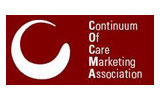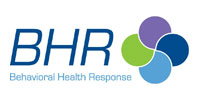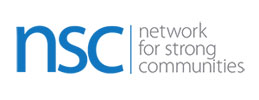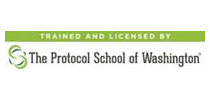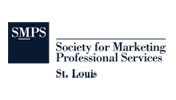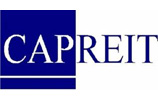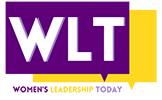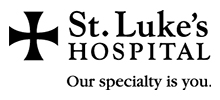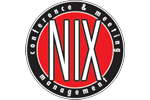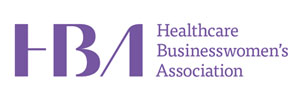
by Nancy Schnoebelen Imbs, Expert Contributor
Published in Women’s Leadership Today
Have you ever said something to your boss, co-worker, friend, or spouse and wish you could take it back? Have you ever experienced jumbled words coming out of your mouth like letters in alphabet soup during a presentation, sales pitch, or networking conversation and felt you could have communicated your message better? Do you use business jargon and cliches to help make an impact in your messaging? If you said ‘yes,’ you’re not alone. We all have communicated ineffectively at times and wished we had a “do-over.”
The key is effective communication. Knowing what to say and how to say it is a must-have leadership skill. We have a variety of communication tools at our disposal to get our messages across clearly, respectfully, and impactfully. It takes practice, and the benefits are plentiful. Excellent communicators become stronger leaders, better collaborators, effective negotiators, and become more confident. They are empathetic, trusted, liked, and often rewarded for their way with words.
Follow these proven techniques and tips to enhance your communications and increase your leadership stature:
Speak Assertively
Assertive communication is the language of leadership. Make it your go-to style in your every conversation. Assertive communication is not passive, it’s not aggressive, and it’s certainly not passive-aggressive. Assertiveness is respectfully communicating and expressing your thoughts, feelings, and opinions in a way that conveys your views and needs clearly understood by others, without putting down the other person’s thoughts, feelings, or opinions. Assertive communication aims for a win-win, and it helps build trust and respect, solve differences, promote problem-solving, and strengthen relationships.
Consciously Listen
Articulating your message fluidly and assertively is among the cornerstones of excellent communication – and so is conscious listening. When you are completely present, void of judgment and distraction, you not only hear the message, but you understand it as well. Conscious listening is an attitude that replaces hearing. It’s a mindful practice that takes one’s entire message into account including their emotions and body language.
Avoid Clichés
When you use clichés in your communication, you lose impact. You are borrowing a once-clever word or phrase that is unimaginative, dull, can sound silly, and considered lazy communication. Many clichés are overused, like, “if the shoe were on the other foot,” or “think outside the box.” Listeners will likely gloss over them assuming their common meaning while ignoring your specific use of them. As a result, they can be obstacles to successful communication. Use language that speaks to your emotions and creativity – and avoid cliches like the plague!
Avoid Jargon
Jargon is the technical terminology or characteristic idiom of a special activity or group. To colleagues, jargon is business-speak easily understood, but to others, it is convoluted and often lacks understanding, which is a hallmark of effective communicators. What is more, audiences do not respond well to jargon and will likely be less engaged in what you have to say. Rid jargon from your vocabulary. Strive for simplicity and clarity with words that are familiar and straightforward.
Leverage Your Body Language
Our body language plays an essential role in our verbal communication. It can help break barriers, increase engagement, and credibility as well as develop a stronger connection with others. A compelling, confident communicator uses nonverbal communication to reinforce their messages. Maintaining eye contact, using gestures, varying the tone of your voice, and pausing are effective body language elements to enhance your communication.
Speak with Empathy
The most effective leadership communications are ones that deliver empathy. When we speak with empathy, we strive to understand and acknowledge the situation, demonstrate compassion, and remove judgment. According to Daniel Goleman, an internationally known psychologist and author of Emotional Intelligence, “Empathy represents the foundation skill for all the social competencies important for work.”
Be YOU!
We can all spot a phony communicator, someone who is not true to his/her words, boastful, fake, and manipulating. The best communicators are those who assertively convey their messages while showcasing a bit of their engaging personality. They are vulnerable, inclusive, and share stories. When you speak authentically, others listen. You gain trust, rapport, and confidence – winning results of an all-star communicator.
You can master these tips and more. Check out our event, “Say This, Not That: Communicate Effectively with Ease & Impact” and uncover the art of impactful communication to convey your ideas with clarity and confidence.
About the Expert
Nancy Schnoebelen Imbs is an empowering leadership and development consultant, dynamic motivational speaker, and author. Highly dedicated and results-oriented, she has the skill and passion for helping individuals become more confident and successful in business and beyond. She and her company Polished help professionals focus on key adjustments that result in meaningful impact and effectiveness.









